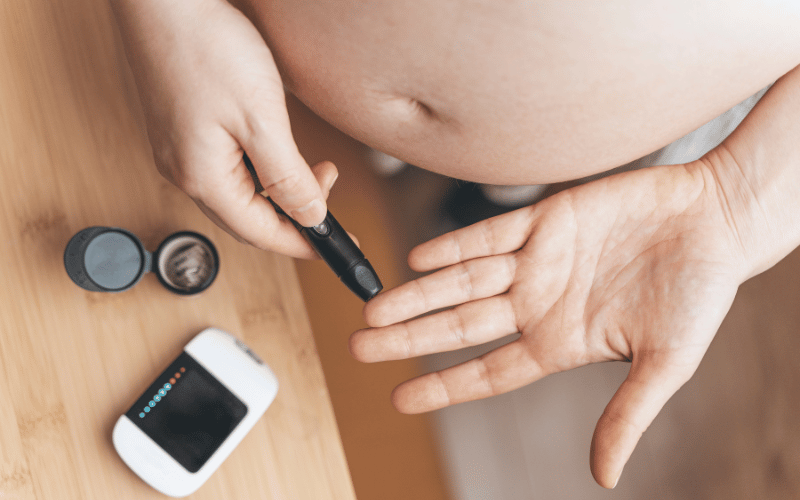Introduction: Unpacking the Complex World of Gestational Diabetes and Its Symptoms
Gestational diabetes, a condition characterized by elevated blood sugar levels during pregnancy, poses significant health risks to both mother and baby. Awareness and early detection are crucial, as they pave the way for proper management and care.

In this detailed exploration, we delve into the symptoms of gestational diabetes, providing you with the essential knowledge needed to navigate this condition.
Pregnancy is a time of immense change, and the body undergoes numerous transformations to support the growing fetus. For some women, these changes result in gestational diabetes, a condition that emerges during pregnancy and typically resolves after childbirth. Understanding the symptoms is pivotal, as gestational diabetes can lead to complications if left unmanaged.
Gestational diabetes affects how your body processes glucose, leading to higher blood sugar levels. This condition doesn’t always present clear symptoms, making awareness and regular screening paramount. In this article, we spotlight the 10 gestational diabetes symptoms, aiming to empower expecting mothers with the information needed for early detection and management.
1. Excessive Thirst – An Unquenchable Need for Hydration

When it comes to gestational diabetes, one of the earliest signs many women notice is a dramatic increase in thirst. This isn’t just a slight uptick in the desire for water—it’s a constant, nagging feeling of dryness that doesn’t seem to go away, no matter how much you drink. This surge in thirst isn’t something you can easily ignore. It’s persistent and can be quite overwhelming at times.
This excessive thirst doesn’t just show up out of the blue. It’s a direct result of the high levels of glucose circulating in your blood. When there’s too much glucose in your bloodstream, your body naturally tries to get rid of it through urine. This process requires a lot of water, hence the intense thirst. It’s your body’s way of trying to balance things out and get rid of the excess sugar.
But here’s the kicker: the more you drink, the more you end up urinating. It becomes a never-ending cycle of drinking and urinating, and it can be incredibly frustrating. You might find yourself constantly running to the bathroom, disrupting your daily life. And no matter how much water you drink, the thirst just doesn’t seem to subside.
It’s important to recognize this symptom for what it is: a potential sign of gestational diabetes. If you’re experiencing this intense thirst, it’s crucial to reach out to your healthcare provider. They can conduct the necessary tests to determine if gestational diabetes is the cause and help you manage the condition effectively. (1)